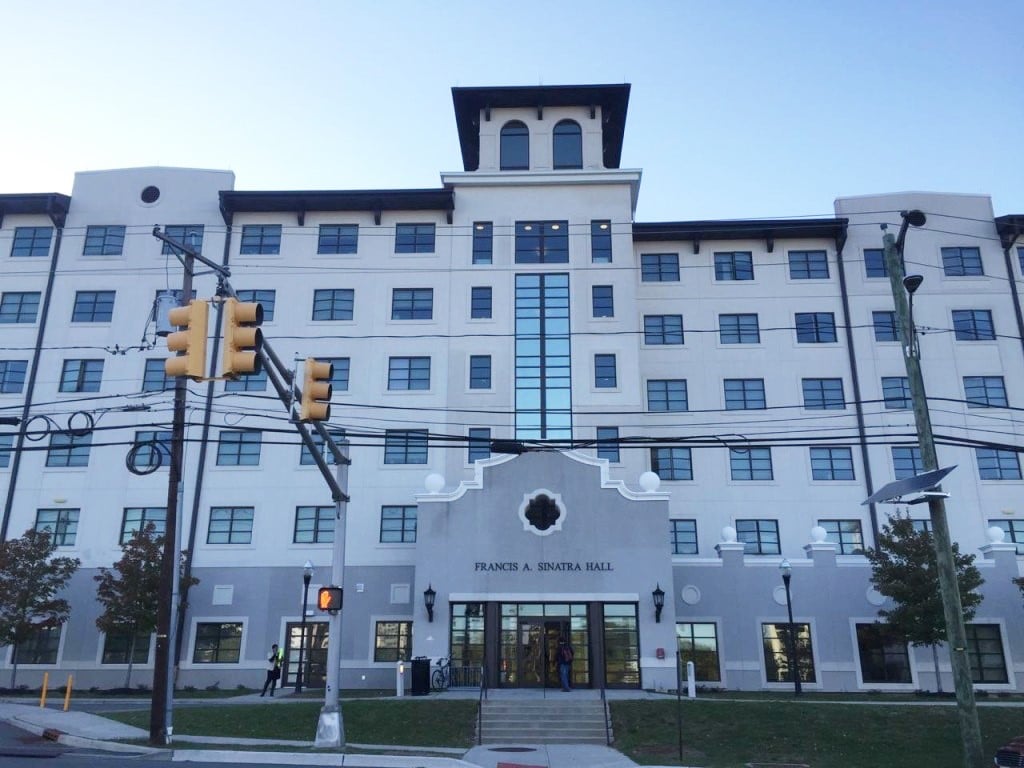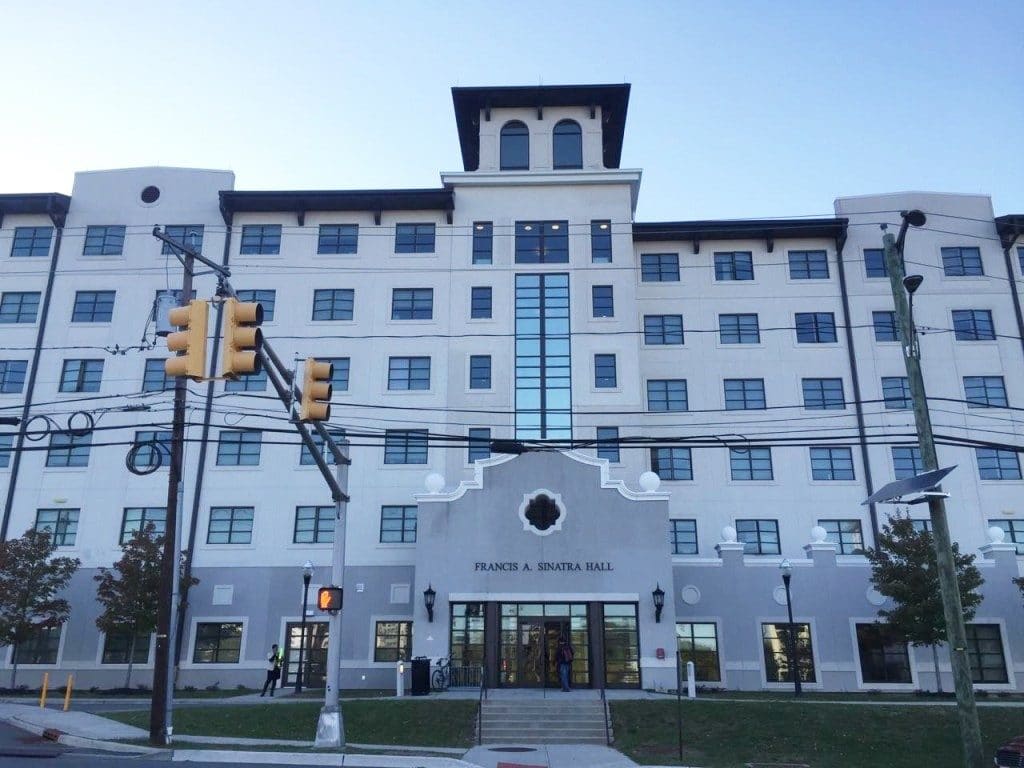Many Montclair State students have been complaining about getting billed for community damages within their residence halls. Often, charges appear on their accounts for damages that they are not responsible for, such as destroyed door signs, excessive trash and broken dorm equipment.
Most of the time, one person or a group of people commit the damages and for some reason, those people are never caught and reprimanded. Instead, every resident is billed a trivial amount and receives a hold on their accounts until that amount is paid in the Student Accounts Office.
The determination of who will be billed is related to where the damage takes place. If the damage takes place in a hallway or bathroom, the entire floor is usually charged. If the damage takes place in a common area such as a lounge, elevator or stairwell, everyone living in that building will most likely be charged.
“It’s difficult to pinpoint the exact person or people responsible for the damages,” said Blanton Hall Community Director Thea Dyer. “We want everyone to treat this building as if it is their home and treat it with respect.”
Some student residents expressed outrage regarding the policy.
“I don’t understand why we keep getting billed for things we didn’t do,” senior Cyprianna Okuzu said. “I can’t even register for classes until I pay this 40 cents.”
Other students have expressed the same disdain, and many would like to know why they are billed at least once a year for damages that were not caused by them.
Assistant Director of Residence Life Stacy Flowers conducts monthly walk-throughs of each residential building on campus to make sure the dorms are safe and livable for students.
“The students living in these facilities are part of a community,” Flowers said. “We have community damage billing because we hope students will keep a look out for the people who are creating the damages so those people can be held responsible instead of the entire community.”
Many students wonder why the university doesn’t just install cameras in all of the residence halls. Residence Life officials believe having cameras would be an invasion of privacy and they do not want residents to feel uncomfortable.
“Our goal is to make students feel at home, and having cameras all around would make any person feel uncomfortable,” said Flowers.
There are cameras installed in Dinallo and Machuga Heights, but often those cameras are not on. According to Flowers, The Heights was built by a private contractor and the company wanted cameras installed. Even though the cameras are there, the school does not feel comfortable invading the privacy of residents.




